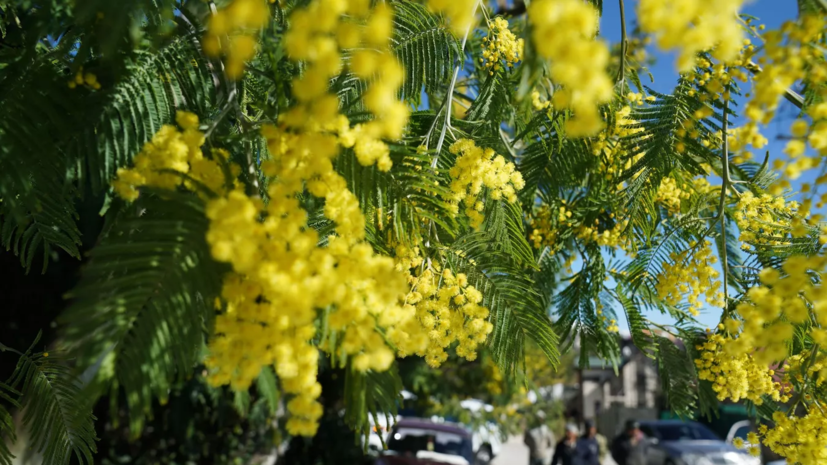“Hay fever is a widespread spring allergy, the development of which is directly related to the flowering of trees.
People who are sensitive to tree pollen need to remember that the flowering schedule does not coincide with the presence of pollen in the air.
For example, pollen from trees such as birch and alder is quite volatile and is easily carried by winds for many kilometers.
Therefore, it is very important to monitor the presence and concentration of pollen in the air using special electronic resources,” advised RT’s interlocutor.
The doctor warned that alder and hazel begin to bloom before everyone else.
“Their pollen may be present in the air as early as February.
The birch pollen season begins later and falls in March, April or May, depending on the region of residence.
The most interesting thing is that when pollen appears in the air initially in low concentrations, it can quickly reach extremely high numbers within a week,” she added.
According to her, in order to be prepared for the allergy season and not face a shortage of the necessary medication, it is very important on the eve of the flowering season or during the period when even low concentrations of pollen appear in the air, consult a doctor and purchase medications.
“The start of taking medications should be already on the first day of the presence of pollen in the air in low concentrations or when pollen monitoring does not catch it, and symptoms in a person have already begun to appear.
This will help you get through this period as comfortably as possible.
Of course, the most optimal solution is to change the climate zone of residence for the entire flowering period, but not everyone can do this and not always,” the expert explained.
In addition to drug therapy, there are general recommendations for people suffering from pollen allergies.
“Among them is the use of barrier means: special glasses for allergy sufferers, respirators, treatment of the nose with drugs that prevent the penetration of allergens through the mucous membrane,” the specialist concluded.
Previously, Daria Smirnova, a dermatovenerologist and dermatologist at the European Medical Center, explained in a conversation with RT what provokes cold allergies and how to cope with its symptoms.

